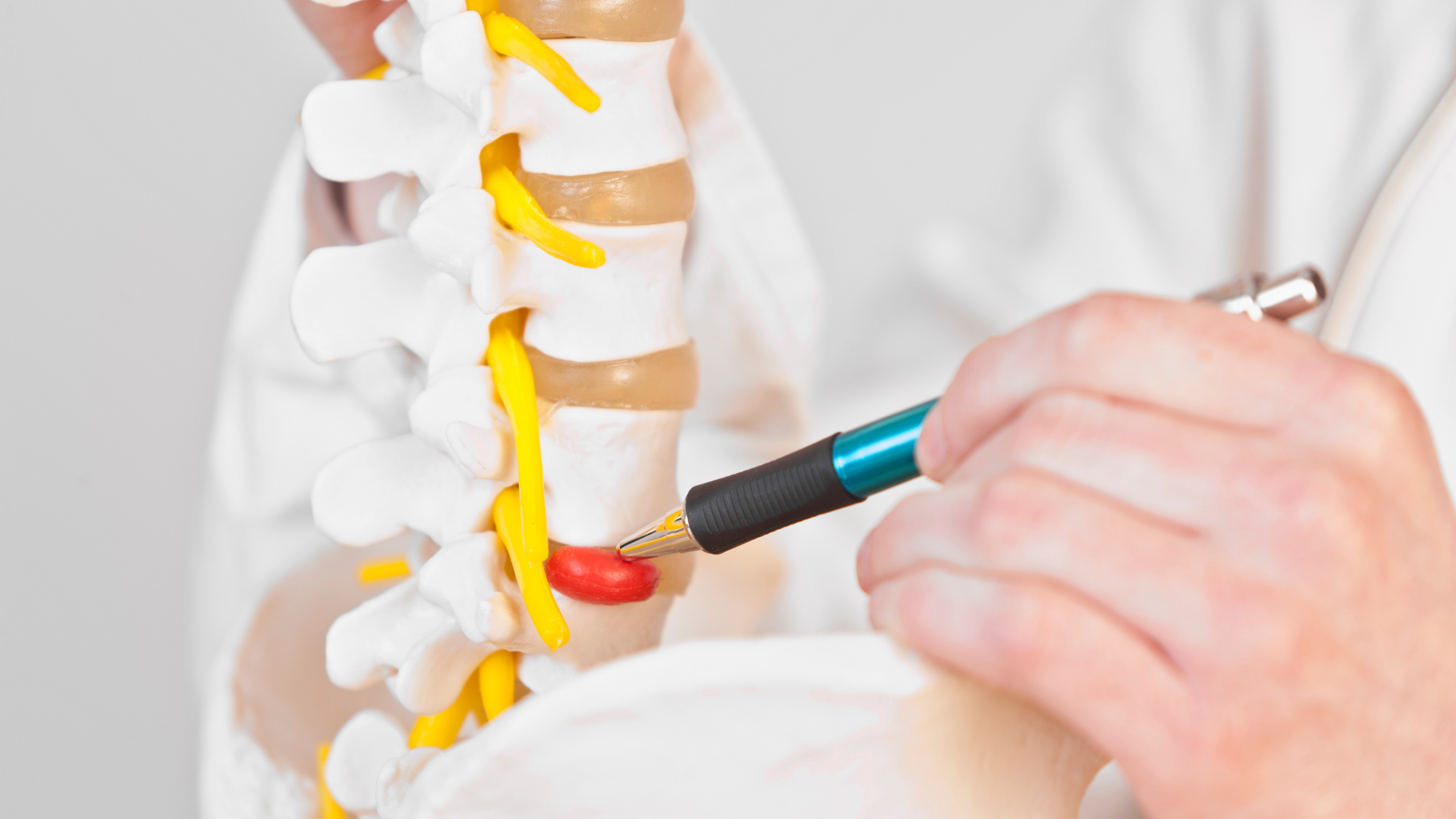
Degenerative Disc Disease (DDD) is a debilitating disease that can affect people from all walks of life. The most common symptom of Degenerative Disc Disease is a pain in the back and neck, which can be severe enough to require surgery for relief. If you are suffering from this debilitating condition, then you may want to read on to learn about some different treatments available for this painful condition.
Non-Surgical Treatments for Degenerative Disc Disease
The first type of treatment for Degenerative Disc Disease is non-surgical. The goal here is to reduce the pain caused by this condition and provide temporary relief from it.
Medications for Degenerative Disc Disease
Most DDD patients can benefit from taking pain medication. There are many different types of medications that you and your doctor will need to discuss, but most fall into two categories: Non-steroidal anti-inflammatory drugs (NSAIDs) and narcotics.
NSAIDs
NSAIDs are a class of drugs that includes ibuprofen, aspirin, and naproxen. These medications reduce the chemicals in your body responsible for pain and inflammation. Side effects can include nausea, vomiting, or stomach bleeding, so be sure to discuss taking these medications with your doctor if you have any questions or concerns.
Narcotics
Narcotic medications can reduce pain and make it more manageable, but they also come with a list of side effects that includes drowsiness, nausea or vomiting, constipation, and itchiness. Because these drugs affect your central nervous system, they should only be taken on an as-needed basis and should not be taken for more than a couple of weeks at a time.
Physical Therapy
Many Degenerative Disc Disease patients who go through physical therapy report that it helps them manage their pain more effectively. Physical therapists use a variety of different treatments to help with the symptoms associated with this condition, including ice and heat packs, ultrasound treatment, massage therapy, or acupuncture.
Steroid Injections
Degenerative Disc Disease patients who do not see results from other treatments may want to consider steroid injections as a possible treatment option. This is typically considered an aggressive treatment, but it can provide long-term pain relief if done correctly.
Surgical Treatments
Degenerative Disc Disease patients who are still experiencing pain after trying other treatments may want to consider surgery as an option. This is typically the last line of defense, but there are some different surgical options available depending on your specific case and needs.
Fusion Surgery
If you are experiencing severe pain in the lower back, then your doctor may recommend surgery to fuse two vertebrae together. This can help reduce pain because it eliminates part of the spine that is affected by this condition.
Microdiscectomy Surgery
If you are experiencing severe back and leg pain, then your doctor may recommend surgery to remove the disc that is causing you pain. This can be done with either a traditional microdiscectomy or an endoscopic discectomy, both of which work to remove the disc and alleviate pain.
Decompression Surgery
Degeneration and arthritis occurring at different levels of your spine can sometimes cause compression on the spinal cord or nerve roots. This type of surgery is performed to relieve that pressure, reducing pain and other symptoms associated with Degenerative Disc Disease.
Final Thoughts on Degenerative Disc Disease Treatments
If you are experiencing pain, then your doctor will likely recommend trying some of the treatments listed above. Your doctor may recommend one treatment over the others, or they might suggest a combination of treatments.
No matter which course you and your doctor decide to take, know that there is help available if you are living with Degenerative Disc Disease. It can be difficult to deal with but it does not have to control your life.

